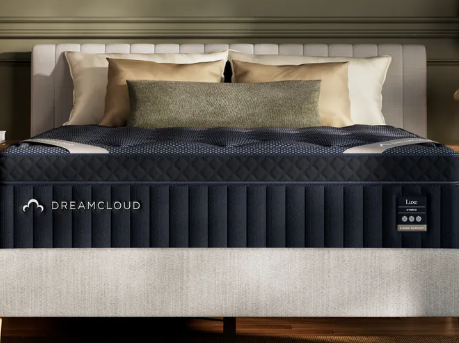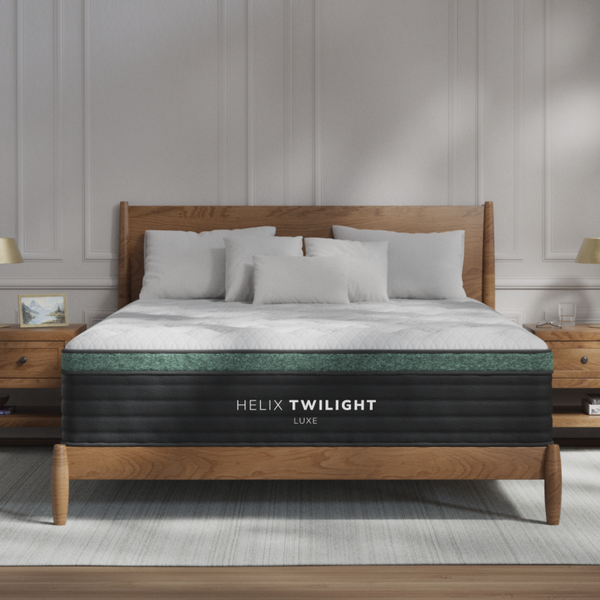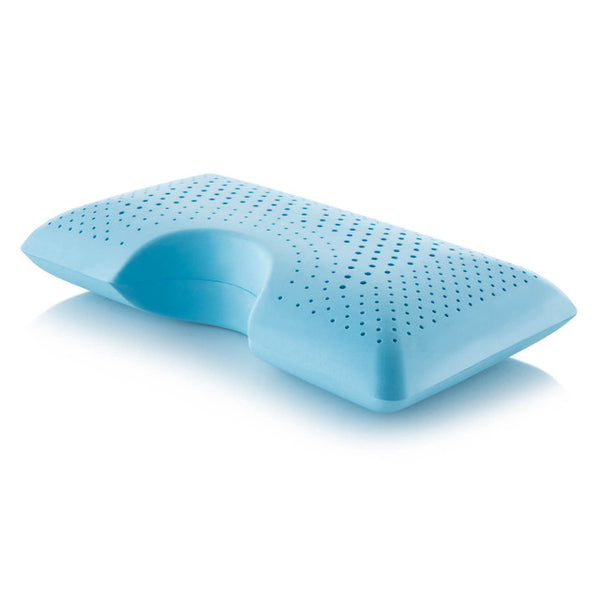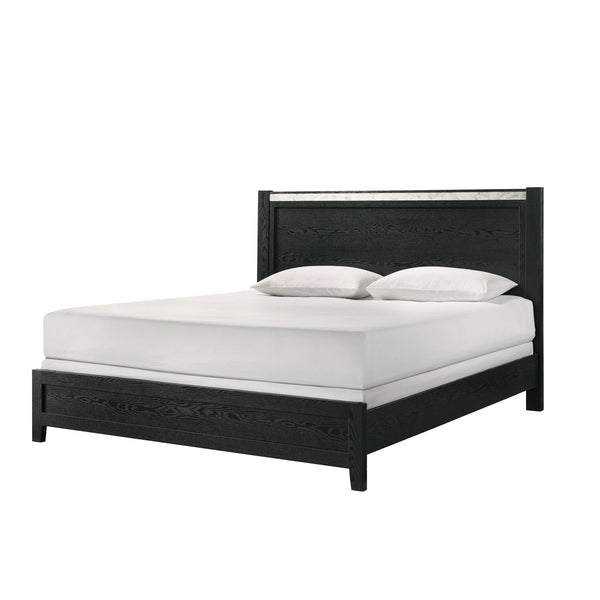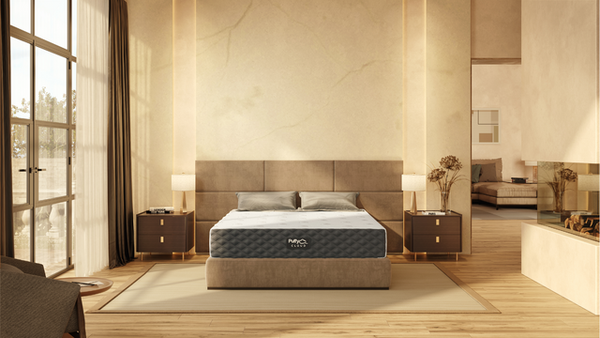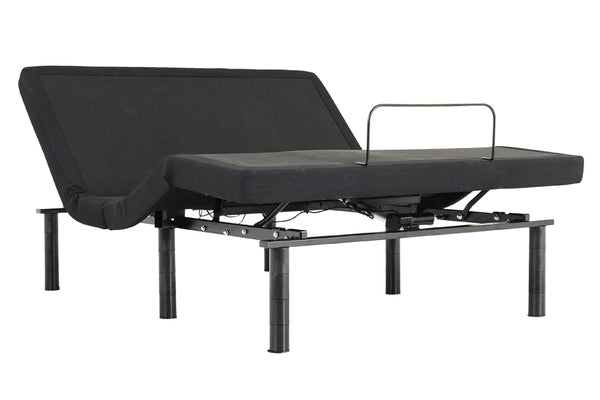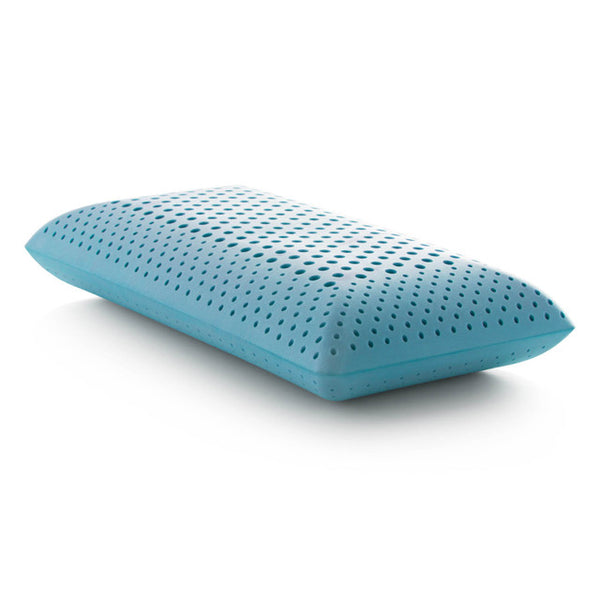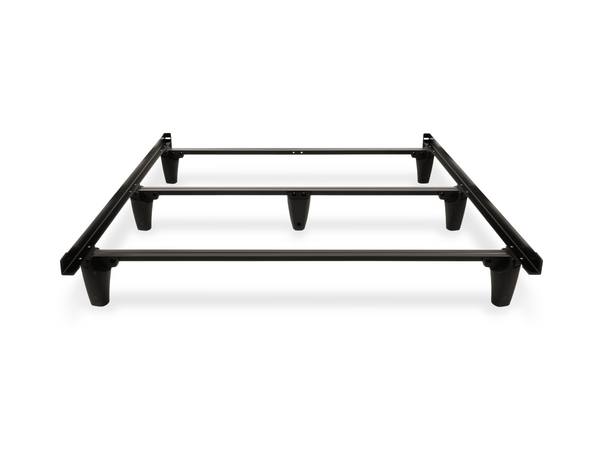
Frequently Asked Questions
1. How does age affect sleep quality?
2. What are the signs that I need a new mattress?
3. What factors should I consider when choosing a new mattress?
4. What types of mattresses are available?
Sleep is an essential aspect of our well-being, influencing our mood, productivity, and overall health. While we often think about our sleep habits and routines, one crucial element that often gets overlooked is the mattress itself. When it comes to age and sleep, many factors determine when it’s time to upgrade your mattress. In this article, we’ll explore how age impacts sleep quality, signs that indicate your mattress may need replacing, and tips for choosing the best replacement.
Understanding the Relationship Between Age and Sleep Quality
As we age, our sleep patterns undergo significant changes. Natural biological shifts can affect how much sleep we need, how easily we fall asleep, and how restful that sleep is. Young adults may enjoy a full night’s sleep without interruptions, while older adults frequently wake up during the night. This can be attributed to various factors, including hormonal changes, physical discomfort, and medical conditions.
Changes in Sleep Patterns
Like many things in life, sleep is not a constant. Here are some ways in which age can affect sleep:
- Reduced Total Sleep Time: Older adults often experience shorter sleep duration, typically ranging from 6 to 7 hours instead of the recommended 7 to 9 hours.
- Increased Nighttime Awakenings: Waking up frequently during the night can make it difficult to achieve restful sleep.
- Light Sleep Dominance: Older individuals are more prone to lighter sleep cycles, making deep sleep harder to attain.
Understanding these shifts underlines the importance of assessing your sleeping conditions, including the mattress, since the right support can drastically affect sleep quality.
Signs You Need a Mattress Upgrade
Recognizing the right time for a mattress upgrade can be important for sustaining high sleep quality as you age. Here are several signs that indicate it might be time to replace your old mattress:
1. Age of the Mattress
Most experts suggest replacing your mattress every 7 to 10 years, but individual experiences may vary. If your mattress is on the older side, it likely lacks the support and comfort you need for a good night's sleep.
2. Physical Discomfort
Waking up with aches and pains can often be attributed to an unsupportive mattress. If you find yourself consistently tossing and turning or waking up with sore joints and muscles, it may be a sign that your mattress has reached the end of its lifespan.
3. Sagging or Indentations
Visually inspecting your mattress for sagging areas or indentations can be telling. If your mattress doesn't return to its original shape when you get up, it’s time for a replacement.
4. Increased Allergies or Asthma Symptoms
Old mattresses can harbor dust mites, mold, and allergens that may worsen your allergies or asthma. If you find yourself sneezing or having difficulty breathing at night, your mattress may be contributing to the problem.
5. Night Sweats or Temperature Regulation Issues
If you frequently wake up sweating or experiencing temperature regulation problems, your current mattress may not provide adequate breathability or moisture-wicking properties, which are essential as we age.
Factors to Consider for Your New Mattress
Now that you recognize the signs that you may need a new mattress, what should you consider when shopping for a replacement? Below are key factors that are particularly relevant for maintaining quality sleep as we get older:
Comfort and Support
Your comfort level is paramount. Look for mattresses that provide adequate support to your body while also being comfortable. Different materials offer various levels of firmness and support—memory foam, for example, conforms to your body while providing excellent motion isolation and pressure relief.
Mattress Type
Choosing a mattress type can make a significant difference in your sleep quality. Here are some popular options:
- Innerspring: Provides strong support and tends to be more affordable, but may be less effective at reducing motion transfer.
- Memory Foam: Great for contouring to the body and alleviating pressure points, though ongoing heat retention can be an issue.
- Latex: Offers a combination of comfort and buoyancy. It's highly resilient and can withstand wear better than other options.
- Hybrid: Combines materials for balanced support and comfort—ideal for individuals who want the benefits of different types without compromising on either.
Sleep Position
Your sleeping position plays a vital role in choosing the right mattress. Here are some general recommendations based on sleeping styles:
- Back Sleepers: Should seek a medium to firm mattress to maintain spinal alignment.
- Side Sleepers: Generally benefit from a softer mattress that can cradle the hips and shoulders.
- Stomach Sleepers: Need a firmer mattress to prevent the body from sinking too deeply and leading to back pain.
Trial Period and Warranty
Many manufacturers offer trial periods so you can test a mattress for an extended time before committing. Similarly, warranty options can give you peace of mind regarding your purchase, as warranties often cover defects and deterioration.
Consulting a Professional
If you're unsure about your needs or experiencing persistent discomfort, consider seeking advice from an expert or healthcare provider. They can offer insights tailored to your unique situation.
How to Extend the Life of Your New Mattress
Once you invest in a new mattress, you’ll want to ensure it lasts as long as possible. Here are some tips to extend its lifespan:
- Use a Mattress Protector: Protect your mattress from spills, dust, and allergens.
- Rotate Regularly: Rotating your mattress every few months can help prevent sagging and body impressions.
- Maintain Cleanliness: Regularly vacuum your mattress and clean the bedding to minimize allergens.
- Don't Jump on the Bed: It may seem fun, but excessive pressure can damage the mattress materials.
Get Ready to Experience Restorative Sleep
In summary, paying attention to how age affects sleep quality can help you identify when to consider upgrading your mattress. Recognizing the signs, understanding your comfort needs, and choosing wisely can pave the way for better sleep and improved health as you age. Remember, investing in your sleep is an investment in your overall well-being.
So, don’t hesitate—if your sleep has started to suffer, take that step towards rejuvenation and discover the difference a new mattress can make. Here’s to restful nights and refreshed mornings!

